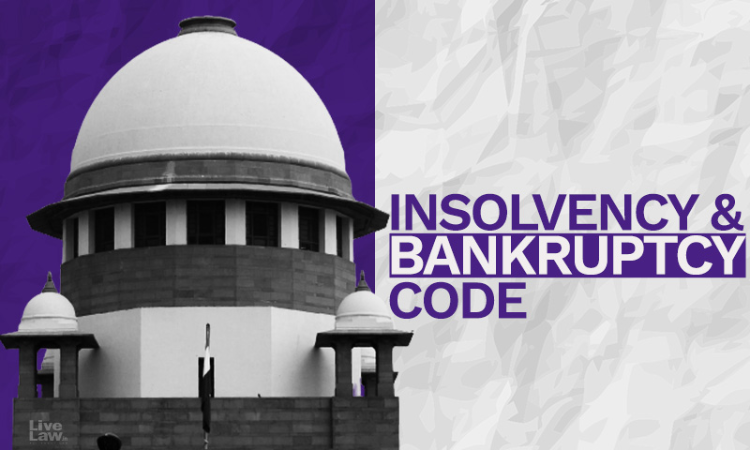The Supreme Court held that a petition either under Section 7 or Section 9 of the Insolvency and Bankruptcy Code is an independent proceeding which is unaffected by winding up proceedings that may be filed against the same company.The bench comprising Justices RF Nariman and BR Gavai observed that a secured creditor stands outside the winding up and can realise its security de hors winding...

